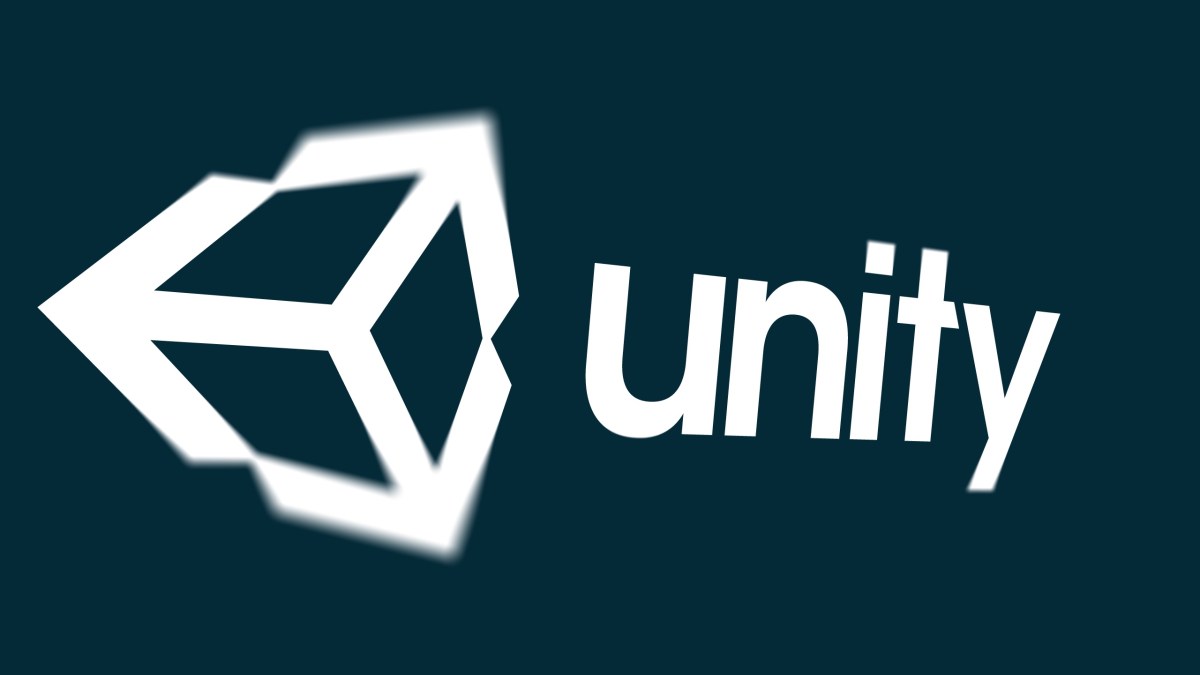Unity Technologies has faced widespread backlash from the video game developer community after announcing a new pricing model that charges a fee based on game installations, rather than a revenue sharing model, leading to concerns about financial risks, impact on subscription services, charity bundles, piracy, and other successful models for smaller developers.
Unity, the company behind the Unity Engine, has faced backlash from the game development community after announcing a new fee that will charge developers for each game download, starting from $200,000 in revenue or 200,000 total installs, with charges reaching up to $0.20 per install.
Unity's decision to charge developers per installation of their game on their game engine has caused uproar and may lead to developers switching platforms, potentially jeopardizing Unity's future.
Among Us, the popular game developed by Innersloth, may be temporarily pulled due to Unity's new installation fee policy, causing chaos and backlash in the gaming industry.
The creator of Rust criticizes Unity for its new policy of charging developers for game downloads, stating that they were not informed or consulted about the change and expressing a loss of trust in the company.
Game developers are boycotting Unity Technologies' ad platform in protest of the company's controversial engine pricing changes, which include charging developers beyond a certain success threshold on a per-install basis, leading to criticism and a pushback from the developer community.
Unity has apologized for the confusion caused by its announced runtime fee policy and has stated that it will be making changes to the policy, with an update expected in a couple of days.
Unity is backtracking on its new runtime fee policy after facing backlash from developers, promising to make changes to the policy and share an update soon.
Unity, the cross-platform game engine maker, is rolling back its plans to charge developers based on the number of installations and revenue after facing backlash from developers and receiving death threats.
Unity has announced that it will be changing its recently revealed fee structure in response to the backlash from developers, as they threaten defection to other game engines.
Unity has learned from the feedback and backlash it received regarding its fee structure plans, and now considers stable licensing terms to be a key feature of the engine.
Unity, the video game company, has faced backlash and confusion after making changes to their fee structure and responding to concerns in a baffling manner, leaving their behavior and future actions uncertain.
Unity Technologies has apologized for the "confusion and angst" caused by its controversial pricing scheme and has made revisions to some of its terms, but many developers in the community believe it is not enough.
Controversy surrounding game engine Unity's Runtime Fee policy has led to the cancellation of the planned Nintendo Switch port for the WipEout-style racer, BallisticNG, due to concerns about Unity's future plans and a perceived requirement from Nintendo to run Switch games on newer versions of Unity.
Unity is pursuing a sustainable future by implementing a new fee structure that removes ongoing fees for free users and only applies fees to games that have reached certain revenue and engagement thresholds.
Unity has backtracked on its proposed runtime fee and implemented a new revenue-sharing scheme following backlash from the community and negative press, with the changes set to take effect in 2024.
Game engine developer Unity faced backlash from developers after implementing a new fee structure that would charge for each game installation, but due to the negative response, the company rolled back its plans and made several changes to retain developers, although it may have still damaged Unity's reputation and may not significantly impact its financial situation.
Unity Technologies, a software company used by millions of game developers, faced backlash and threats from developers after proposing a new fee model that charges them every time someone installs their game, resulting in potential business-killing costs for popular games.
